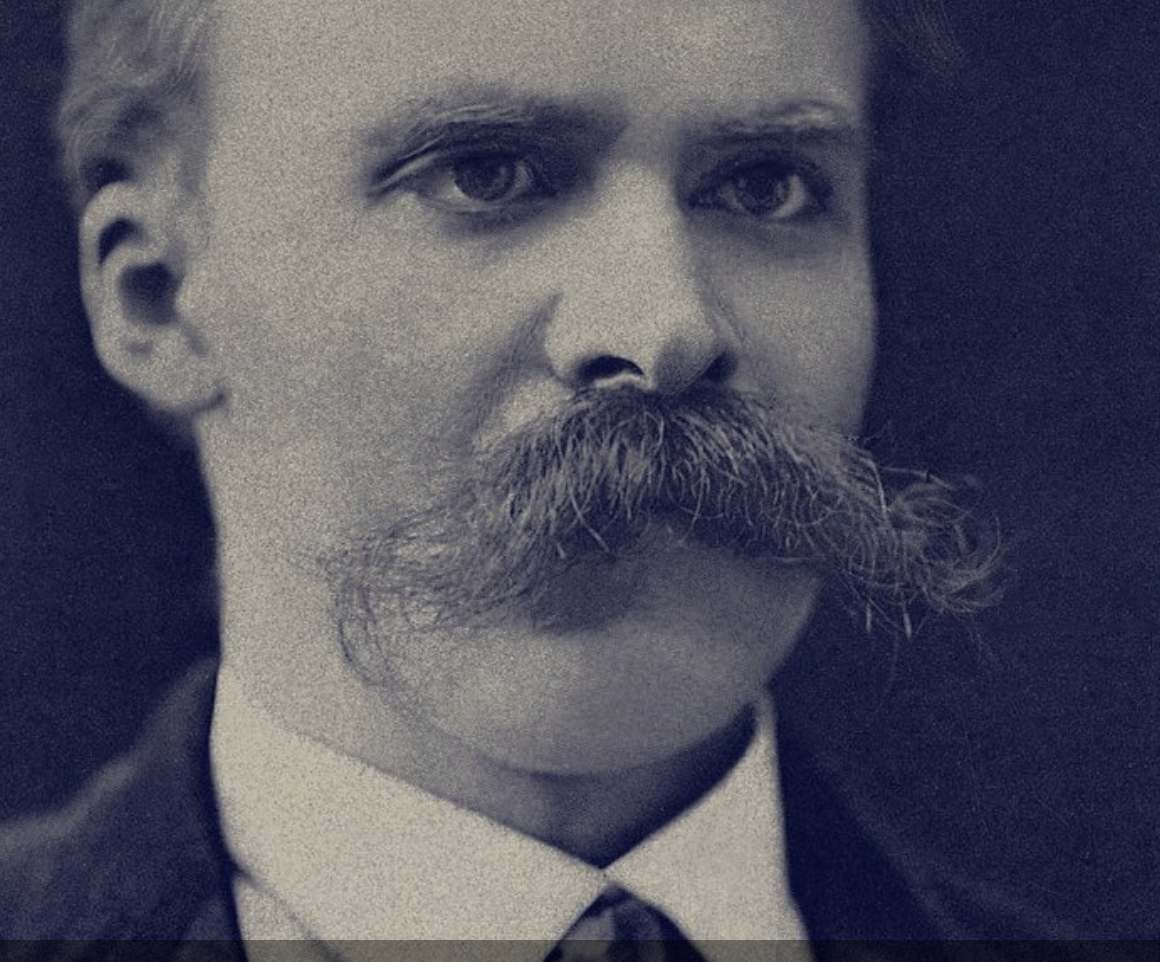
Nietzsche and the Lyric / Nietzsche und das Lyrische
The 28th International Conference of the Friedrich Nietzsche Society / 28. Internationale Konferenz der Friedrich Nietzsche Society
Hosted by / Organisation: Philip Mills, Hans-Georg von Arburg, Simone Zurbuchen
September 14-16 2023
The lyric dimension of Nietzsche’s philosophy is undeniable, and he often asserts the importance of poetic and artistic expression in his philosophy. He for instance criticises his own style in his “Attempt at self-criticism” of The Birth of Tragedy: “It should have sung, this ’new soul‘—rather than spoken! What a pity that I did not dare to say what I had to say then as a poet: I might have managed it!” In this attempt to write as a poet, the work Nietzsche considers as his chef-d’oeuvre, Thus Spoke Zarathustra, presents itself in the form of a long poem. As such it contains perhaps more images, metaphors, and allegories than philosophical concepts. The opposition and filiation between metaphor and concept is by the way at the centre of one of Nietzsche’s early unpublished essays, On Truth and Lie in a Nonmoral Sense. But what does it mean to express philosophical ideas as a poet? – While the poetic dimension of his philosophical writing has been extensively explored, Nietzsche furthermore wrote volumes of lyric poetry such as his Idyll from Messina and his Dionysus-Dithyrambs that explore his philosophical ideas in a different way, or his book on The Gay Science which contains a prelude in rhymes. This themed conference aims to explore within an interdisciplinary frame the manifold and complex relation between Nietzsche and the lyric.
—
Die poetische und speziell die lyrische Dimension sind in Nietzsches Philosophie omnipräsent. Nietzsche selbst unterstreicht die literarische und künstlerische Bedeutung seines Philosophierens immer wieder. So charakterisiert er im „Versuch einer Selbstkritik“ aus der Geburt der Tragödie seinen Stil mit folgenden Worten: „Sie hätte singen sollen, diese ,neue Seele‘ – und nicht reden! Wie schade, dass ich, was ich damals zu sagen hatte, es nicht als Dichter zu sagen wagte: ich hätte es vielleicht gekonnt!“ Mit Blick auf seine literarischen Ambitionen betrachtete er deshalb den rhapsodischen Text von Also sprach Zarathustra als sein eigentliches Meisterwerk. Dieser Modelltext Nietzsches enthält vielleicht mehr Bilder, Metaphern und Allegorien als philosophische Konzepte. Eben diese Spannung und dieser Zusammenhang zwischen metaphorischem und konzeptuellem Sprechen und Schreiben stehen auch im Zentrum von Nietzsches unveröffentlichtem Frühwerk Über Wahrheit und Lüge im außermoralischen Sinne. Was aber heißt und was bedeutet es, wenn ein Philosoph wie Nietzsche seine Ideen dichterisch formuliert? – Die poetische Dimension von Nietzsches philosophischem Werk ist bereits gut erforscht. Seine lyrische Poesie im engeren Sinne hat bislang jedoch nur wenig Beachtung gefunden. Zu unrecht, denn über lyrische Textgebilde wie die Idyllen aus Messina oder die Dionysos-Dithyramben lässt sich der philosophische Kontinent von Nietzsches Ideen noch einmal auf einem anderen Weg erkunden. Dieser Weg führt in ein Wechselspiel zwischen Philosophie und Poesie hinein, wie es auch Die fröhliche Wissenschaft mit ihrem gereimten Vorspiel beispielhaft inszeniert. Die thematisch ausgerichtete Tagung setzt sich zum Ziel, das vielseitige und komplexe Verhältnis zwischen Nietzsche und dem Lyrischen in einem interdisziplinären Rahmen zu erkunden.
—
—
Confirmed Keynote Speakers
Christian Benne (University of Copenhagen)
Carlotta Santini (Centre National de la Recherche Scientifique / French National Centre for Scientific Research)
Graham Parkes (University of Vienna)
Gabriella Pelloni (Università degli Studi di Verona)